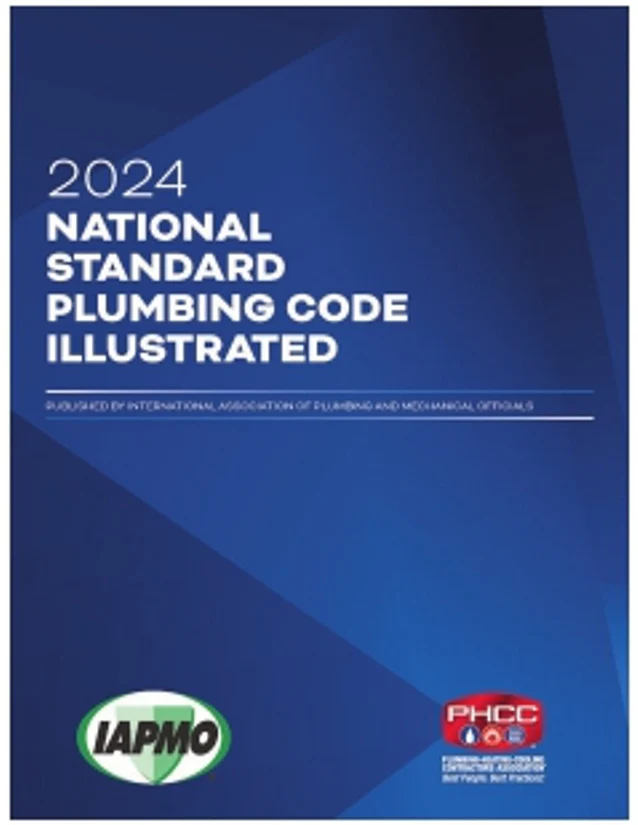AFL-CIO Department Report Cites Failures In ABC Apprenticeship Training

A major labor union's six-month study reveals that the average Associated Builder and Contractors apprenticeship program has more dropouts than graduates and enrolls only a small percentage of female and minority apprentices.
“The numbers speak for themselves,” said Edward C. Sullivan, president of the AFL-CIO's Building and Construction Trades Department. “Something is wrong and the ABC's failing programs clearly warrant further scrutiny and investigations.”
Sullivan has called on the Department of Labor, which oversees apprenticeship programs, to investigate and remedy problems in the nation's construction apprenticeship system.
Meanwhile, ABC calls the report a “politically motivated and misleading attack” on its apprenticeship programs, in part, brought on by the Department of Labor's recently announced plans to accelerate the registration of new construction apprenticeship programs.
“The bottom line is that the president of the Building and Construction Trades Department fears competition in the apprenticeship arena and will do anything he can to try to preserve the virtual monopoly the unions have had over apprenticeship programs,” said M. Kirk Pickerel, president and CEO of ABC.
Using the Department of Labor's own data and other public materials, Sullivan's department compares and contrasts union apprenticeship systems in many states with those of the ABC. The group examined 37 ABC programs, which make up about half of all ABC apprenticeship programs, with the enrollment information typically covering at least five years.
The crux of the Building and Construction Trades Department's study is that construction depends on skilled craftsmanship; primarily apprenticeship programs allow a tradeoff for lower wages for beginners in exchange for invaluable on-the-job training.
“Any misuse of the apprenticeship systems undermines the industry's future, and potentially defrauds construction workers,” Sullivan said.
Some of the highlights of the study include the following:
- More Dropouts: ABC programs produced overall twice as many cancellations as graduations. Individual ABC programs went even higher. For example, the Cumberland Maryland ABC program registered 105 plumbers between 1990 and 2002. However, 12 graduated and 16 are still active, while 77 left the program before completion.
- Fewer Woman/Minorities: ABC programs enroll and graduate few women or minorities. For example, each of the four Maryland ABC chapters graduated one woman between 1990 and 2002. In that same time, minorities made up 14 percent of all graduates.
By contrast, the union group says its programs train the lion's share of apprentices - 72 percent of all construction apprentices since 1989, according to records from 36 states. Also, union programs enroll almost three times as many minorities and more than four times as many women as nonunion programs. In addition, union programs had a much higher completed rate and lower cancellation than nonunion programs.
- Less Craft Training: While the union didn't necessarily single out ABC in this particular finding, the study says that union programs provided training in a far wider range of crafts. In Kentucky, for example, 28 percent of the union apprentices were electricians, 20 percent were carpenters, 10 percent were plumbers and 11 percent were pipefitters. By contrast, 64 percent of the nonunion apprentices were enrolled as electricians.
For its part, ABC says the line may have been drawn in California. According to Pickerel, the Department of Labor has recently attempted to “address the bias” that many states, such as the California apprenticeship council, have had favoring union-only apprenticeship training.
Looking for a reprint of this article?
From high-res PDFs to custom plaques, order your copy today!







